5 Best Supplements for People on GLP-1 Meds, According to a Nutritionist

Are you taking GLP-1 medication and want to maximize results while minimizing side effects? You should consider taking supplements. Kristin Kirkpatrick, MS, RDN, is a Dietitian at the Cleveland Clinic Department of Wellness and Preventive Medicine. We recently asked her for her supplement recommendations for people on weight loss drugs, and she revealed her top five. "While choosing supplements, work with your health care provider on things like proper dose, contraindications, and preferred brands," she specifies.
Creatine
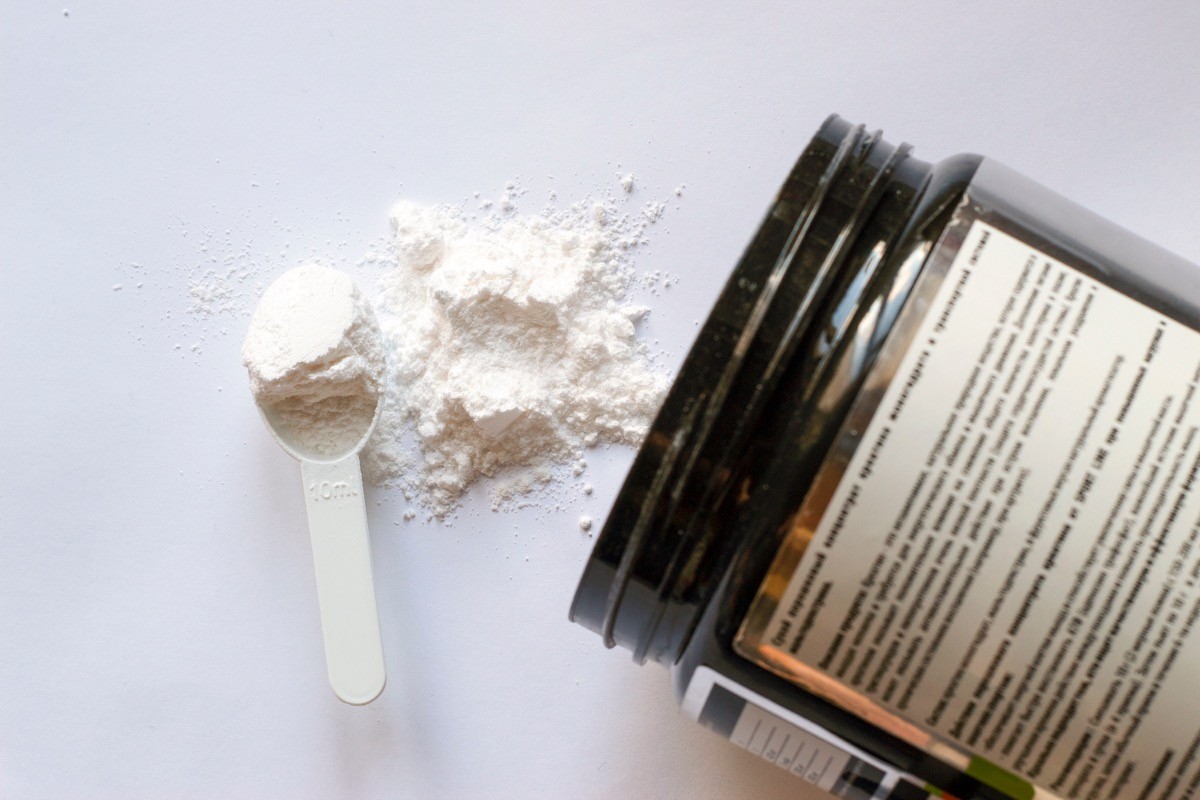
Creatine is GLP's "best friend," per Kirkpatrick. "That's because creatine has been associated with enhanced muscle health (not to mention better brain health, cardiovascular health, and even hormonal health). Since one of the primary concerns of GLP-1 is the potential loss of lean muscle mass, optimizing protein intake, resistance training, and appropriate supplementation like creatine can all be ways to help protect muscle, ensuring fat loss rather than muscle loss," she says. Maintaining muscle may also help offset the risk of weight gain after discontinuation. "I recommend Creatine HCL to my patients, as it tends to offer better bioavailability with fewer side effects, such as gastrointestinal discomfort."
RELATED: 15 Things to Know Before Requesting Ozempic for Weight Loss
Omega-3 Fatty Acids
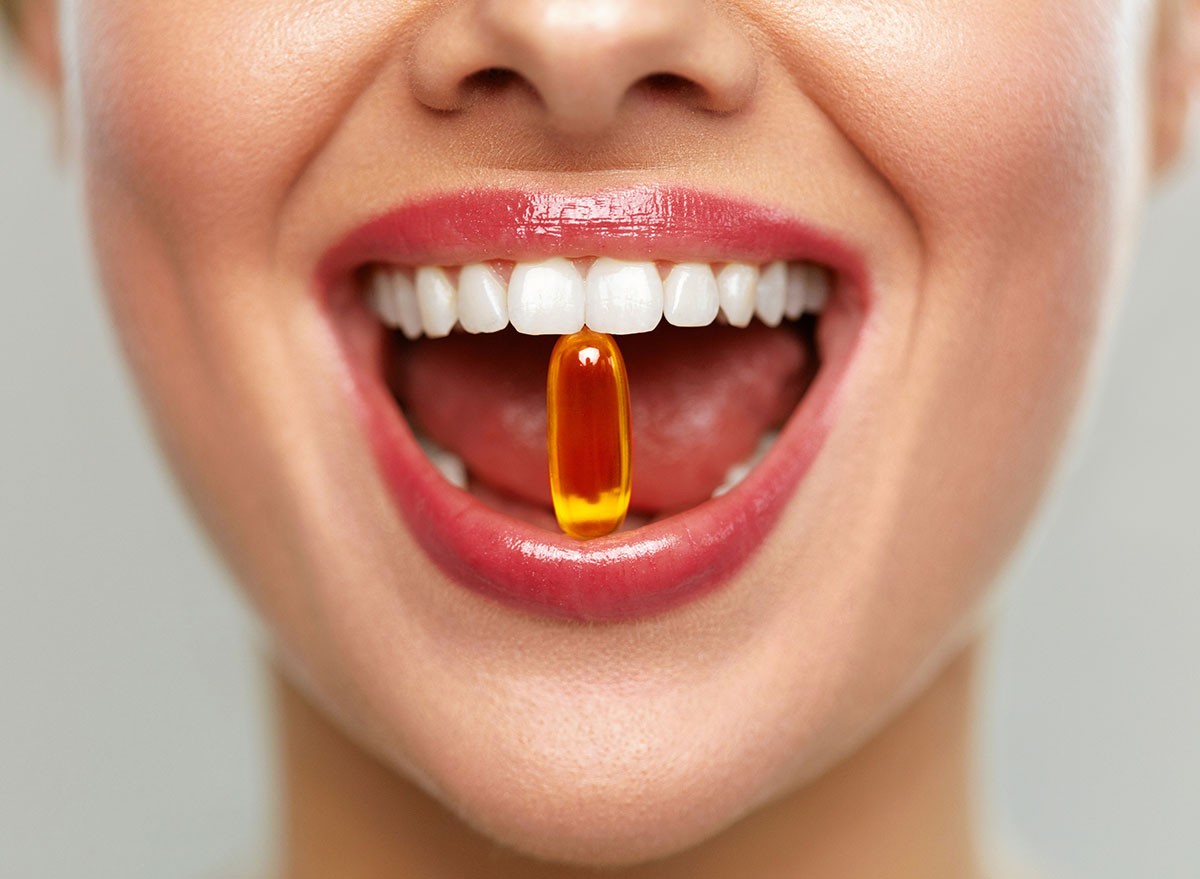
"Keeping your omega-3 levels in an appropriate range is important for mental health, cognition, and heart health. Since GLP-1 medications often lead to reduced food intake, we may risk not having adequate levels. Therefore, I ask my patients to consider a DHA/EPA supplement as well as increased attention to foods high in omega 3s like walnuts, fatty wild fish, and flax seed," she says.
General Multi-Vitamin
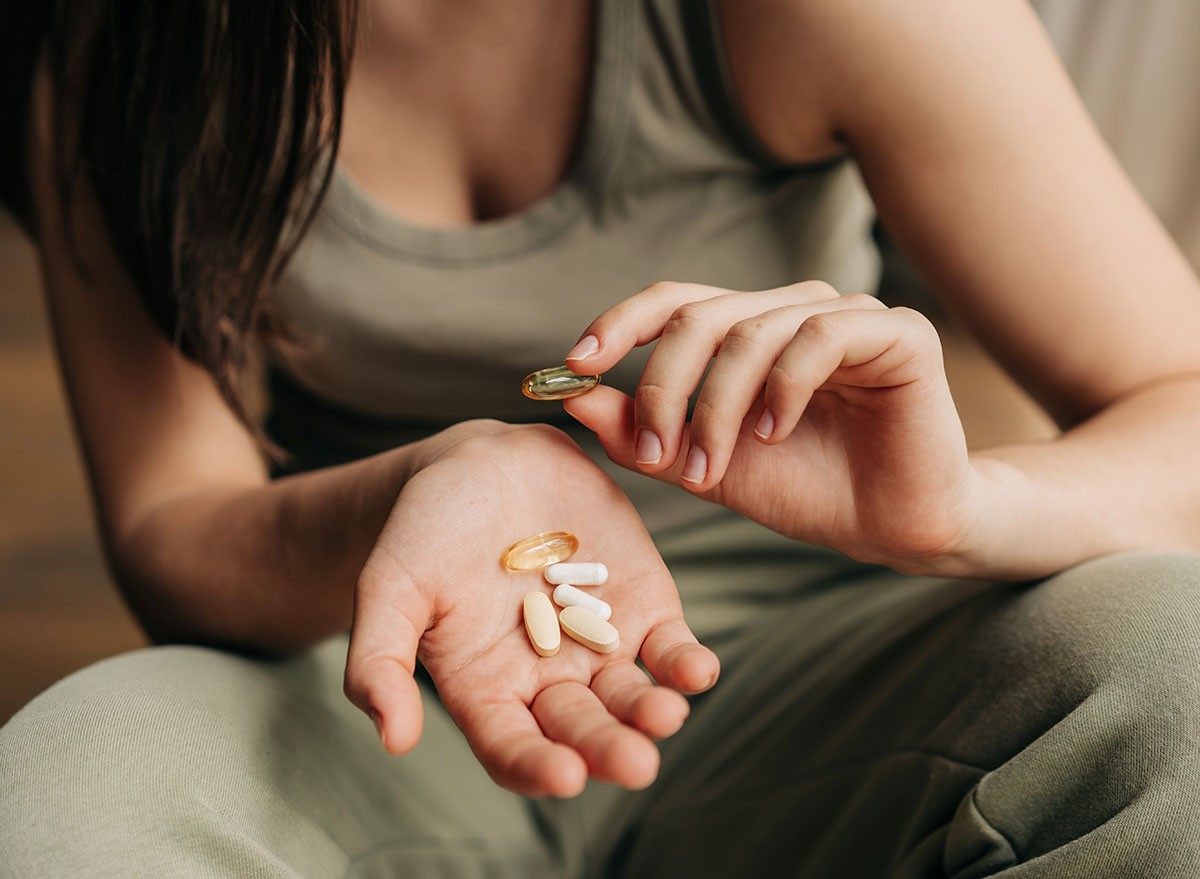
"Due to reduced food intake on GLPs, there's an increased risk of missing out on essential vitamins or minerals," Kirkpatrick explains. "While a multivitamin is not an insurance policy for a poor diet, it can help to ensure adequate levels of key nutrients like B12, calcium, zinc, etc. that may be lacking."
RELATED: 20 Possible Ozempic Side Effects
Vitamin D
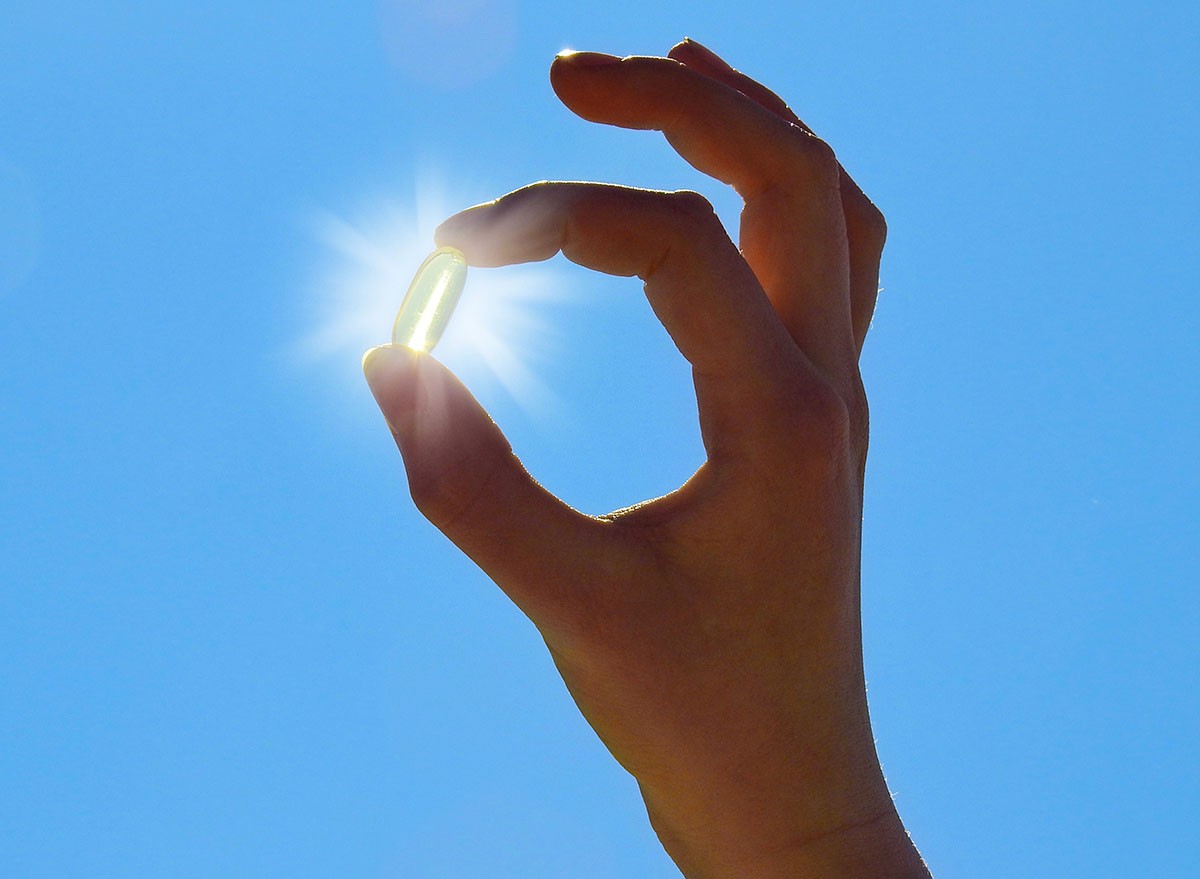
"Maintaining higher vitamin D levels is a good idea when you're both on and off GLPs. Vitamin D plays a role in immune function, helps reduce the likelihood of some chronic diseases and contributes to even better mental health. Since food is often a lousy delivery source of vitamin D, and the UV rays of the sun (an optimal source) can either pose health risks or be insufficient based on geographic location, a supplement is often warranted," Kirkpatrick maintains.
RELATED: What Happens to Your Body When You Stop Taking Ozempic
Probiotics and Prebiotics
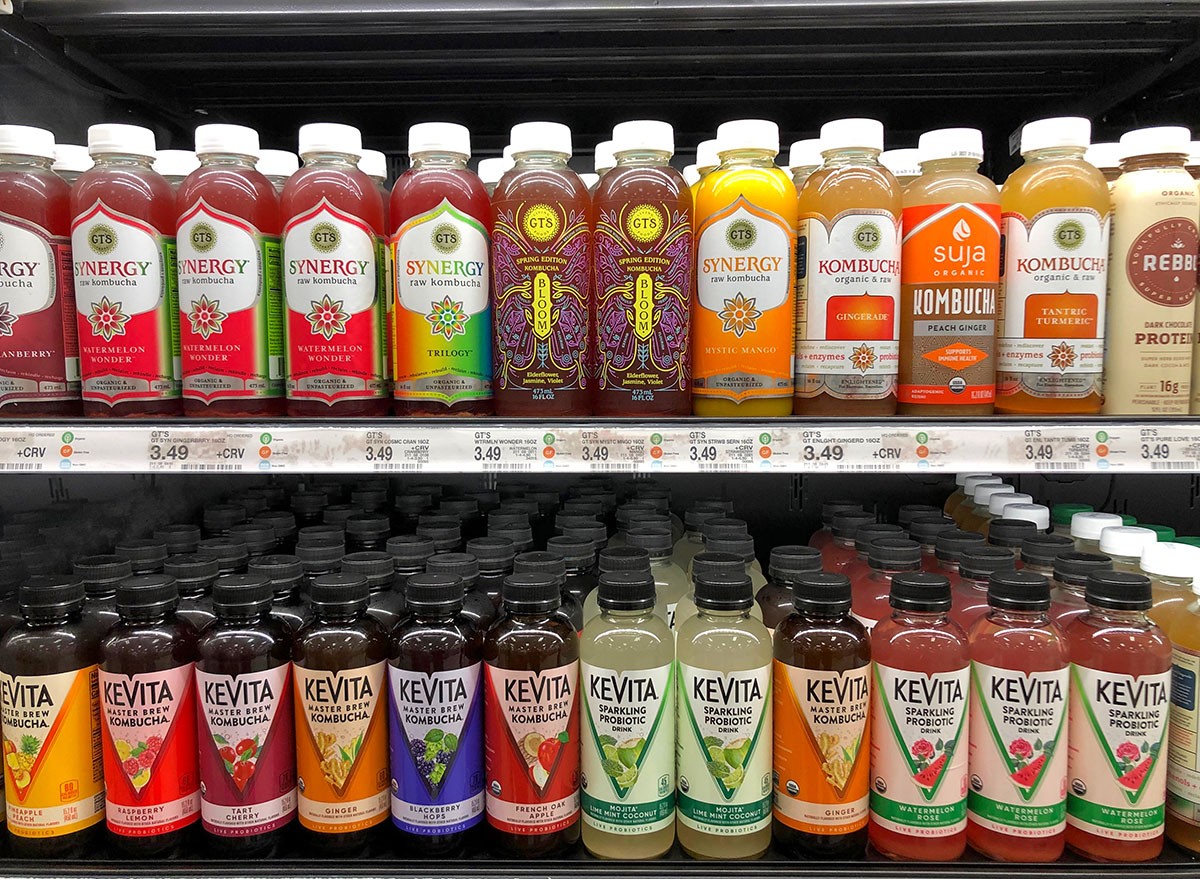
"A lack of fiber while on GLPs could potentially impact the microbiome. Constipation and diarrhea are side effects that some of my patients may encounter, which pose their own gut health risk," says Kirkpatrick. "A probiotic and/or prebiotic can give the gut a boost it needs to keep gut health in check." And if you enjoyed this article, don't miss 20 Incredible Ozempic Success Stories of All Time.




